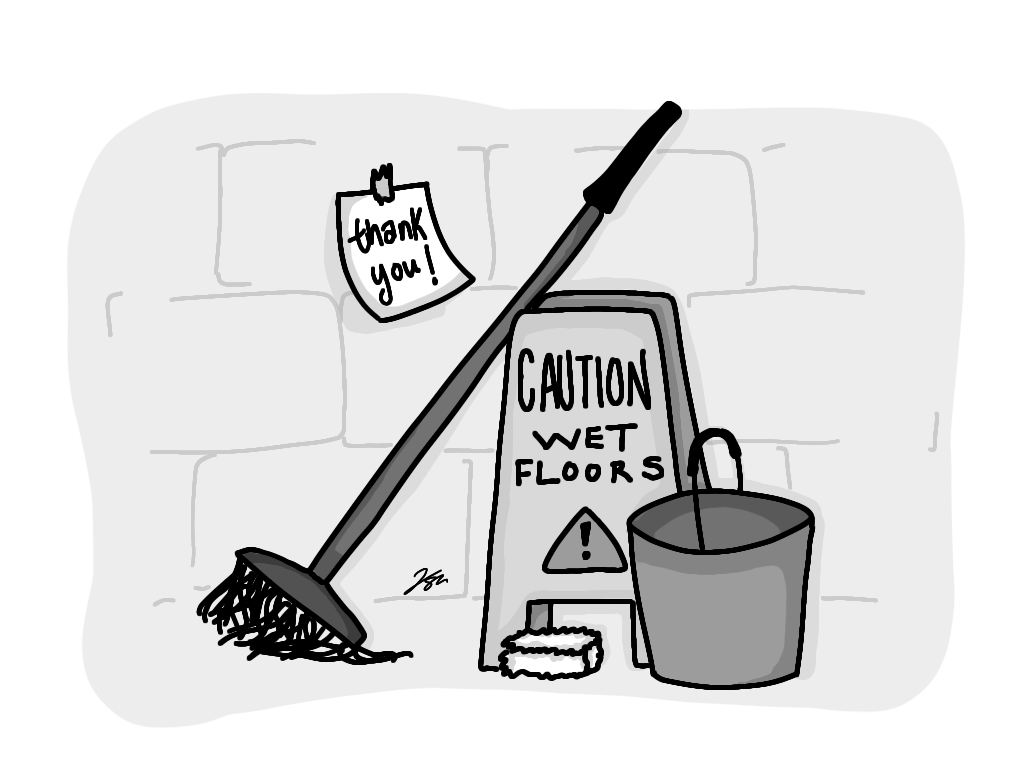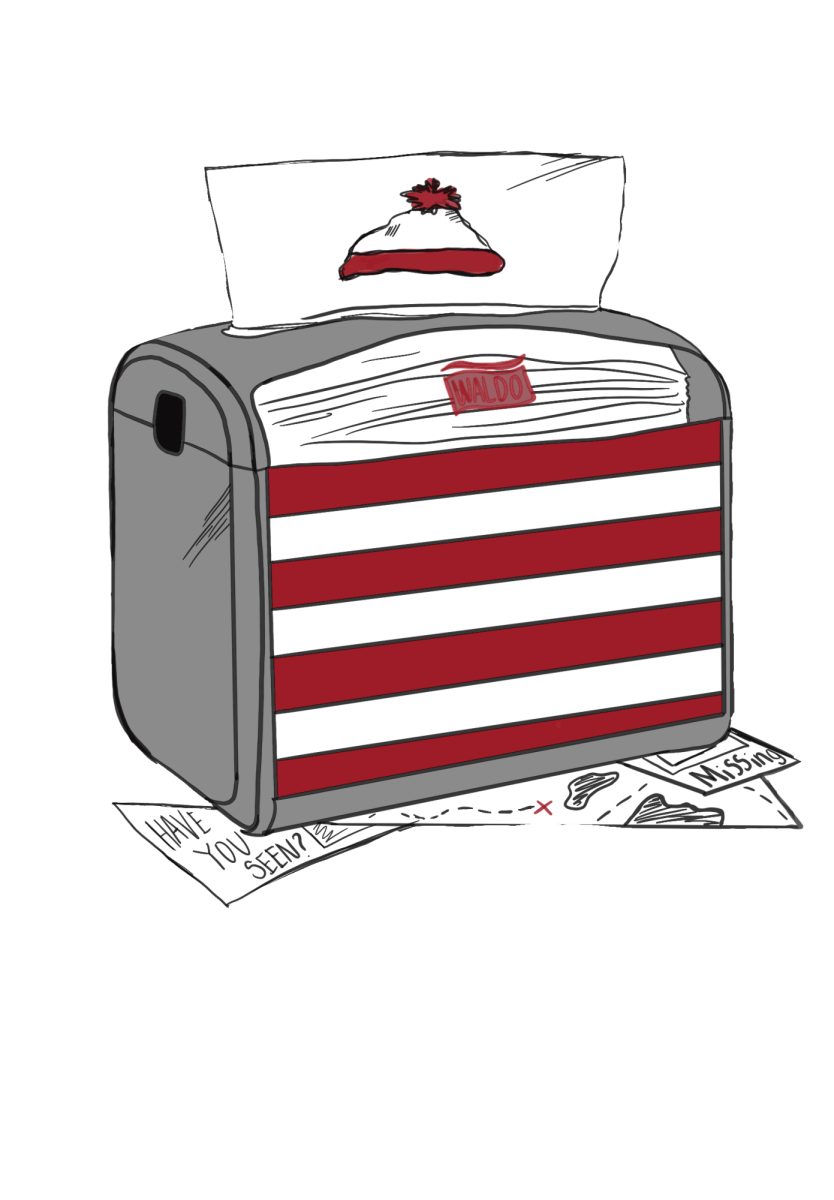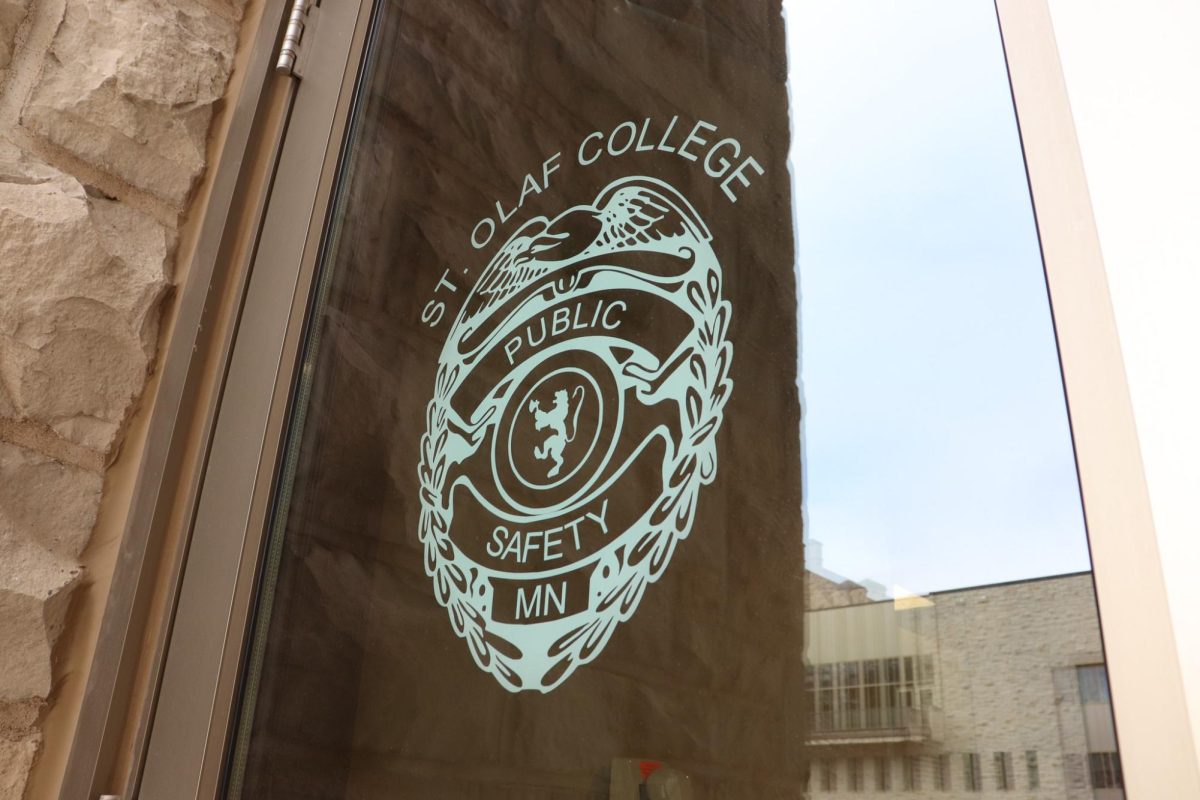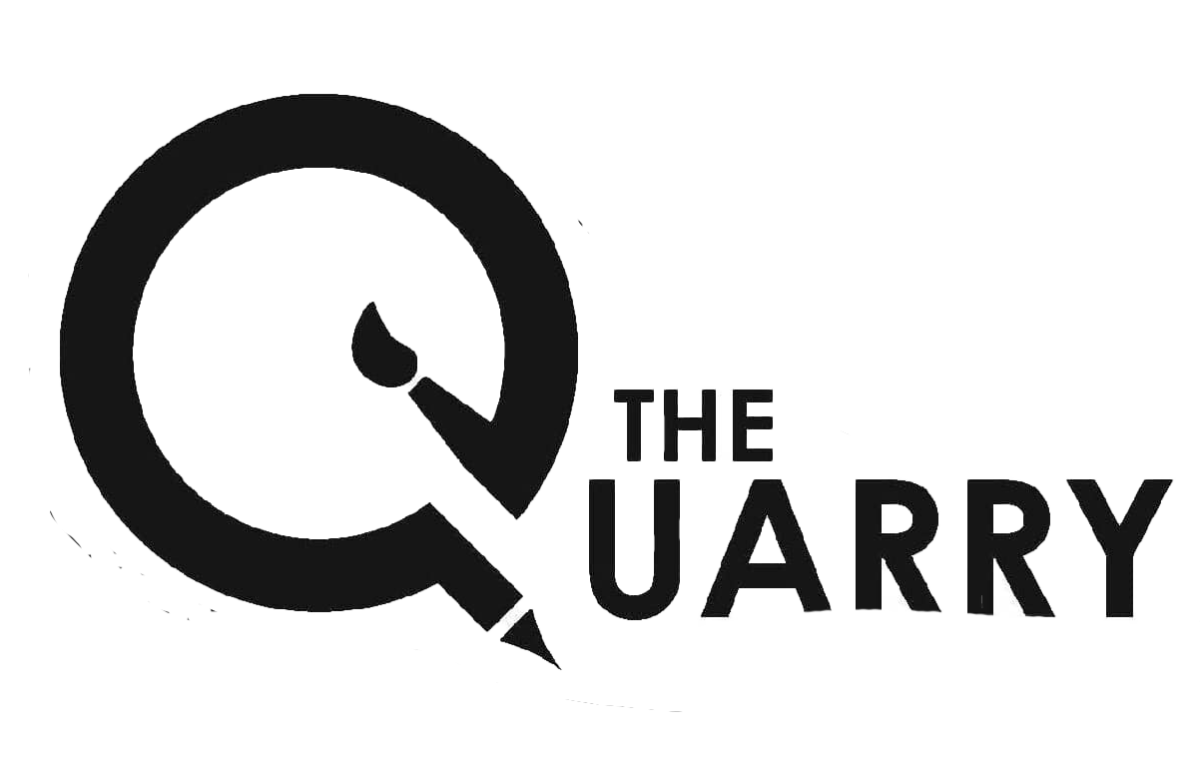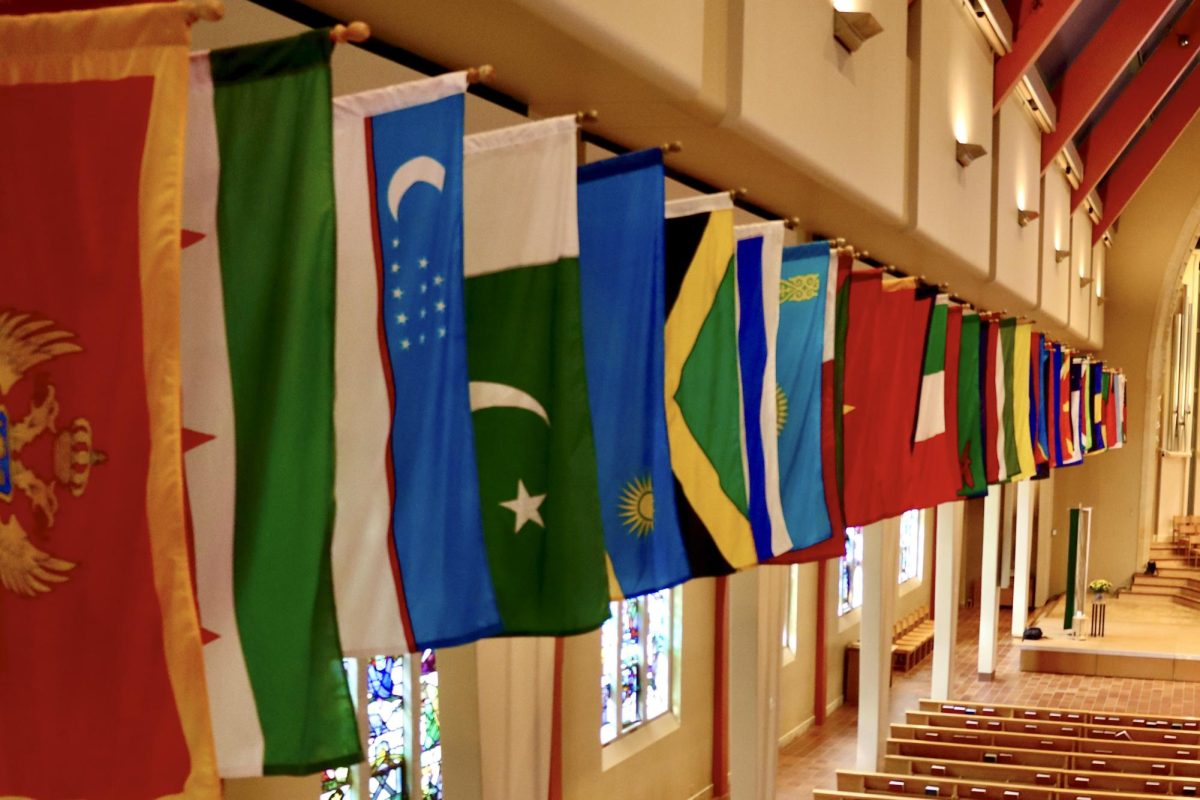Watergate journalist inspires voters
St. Olaf is a hub for accomplished and influential people, but it is a rare occasion when a true American legend roams its halls. On Wednesday, Oct. 24, Bob Woodward – the man who exposed Watergate and contributed to Pulitzer-winning 9/11 coverage – visited the Hill as the fall headliner for the Political Awareness Committee PAC. After dining with PAC members, Woodward addressed a crowd assembled in Boe Chapel which was the butt of his first joke; he admitted that his profession usually keeps him out of holy places.
As an investigative journalist who built his career on the conviction that ugly realities should not be sugarcoated, Woodward did not design his speech as an uplifting, pre-election rally. He emphasized the chasm between what the American people are aware of and the machinery of Washington.
“We only know 1 percent of the story,” Woodward said. It’s not the most significant 1 percent, either: He suggested that what we don’t know is the most crucial piece.
“We must set up a system that aggressively tries to fix this,” Woodward said. What this system might look like was absent from the rest of the speech.
Woodward asked audience members to raise their hands if anyone thought they knew the real Barack Obama, and predictably, no one did. He gave them a warning: “Secret government is what will do us in.”
In a brief interview with Mr. Woodward before his speech, he singled out the national debt as the country’s most ominous problem.
“We are trillions of dollars in debt,” he said. “The gorging has got to stop.” In his speech, he noted that in the past three and a half years, there have been no spending cuts whatsoever. Woodward recently conducted an interview with the president, in which Obama said that he would willingly “lose an election to fix it,” a grim allusion to the gridlock that has paralyzed the nation.
In addition to his concern about America’s overspending, stagnant and dishonest government, Woodward expressed his displeasure with the state of journalism today. Woodward said that the standards of investigative journalism are falling.
“Journalists need to be the watchdogs, but they’re just not right now,” he said. However, quality reporting is hard to do in an industry that’s losing money. “There’s not enough money in journalism,” he said. “The business model is failing.”
This pessimism didn’t stop him from encouraging college kids to see journalism as a viable career path.
“Go for it,” Woodward said. “It’s a great profession. You get to drop into people’s lives when they’re interesting and leave when they’re not. How many other careers can you say that about?”
During the post-speech question-and-answer session, Woodward was asked about the role of new media, particularly Twitter and WikiLeaks. He didn’t condemn Twitter, but he asked his audience not to take it too seriously.
“Twitter is a means of communication, but it’s not even close to the full story,” Woodward said. He dismissed WikiLeaks as overhyped and powerless in the political scheme.
“The White House laughed [WikiLeaks] off because they didn’t have the documents they really base their decisions on,” Woodward said.
Full of juicy stories only a true insider could tell, Woodward’s address provided perspective, but little direction to the audience as soon-to-be-voters.
“His heavy reliance on anecdotes made things perhaps more interesting than insightful,” PAC member Alex Everhart ’15 said. “The actual content of the speech was a little bit of a curveball for us; the listed title for the lecture was something to the effect of, ‘The Role of Leadership in the U.S. Presidential Election,’ but there wasn’t actually a whole lot of that covered.”
“He tended to avoid issues directly related to the election,” Erika Meierding
’15 said. “The speech didn’t help me reach a decision as a voter, but it did make me more aware of issues facing government today.”
